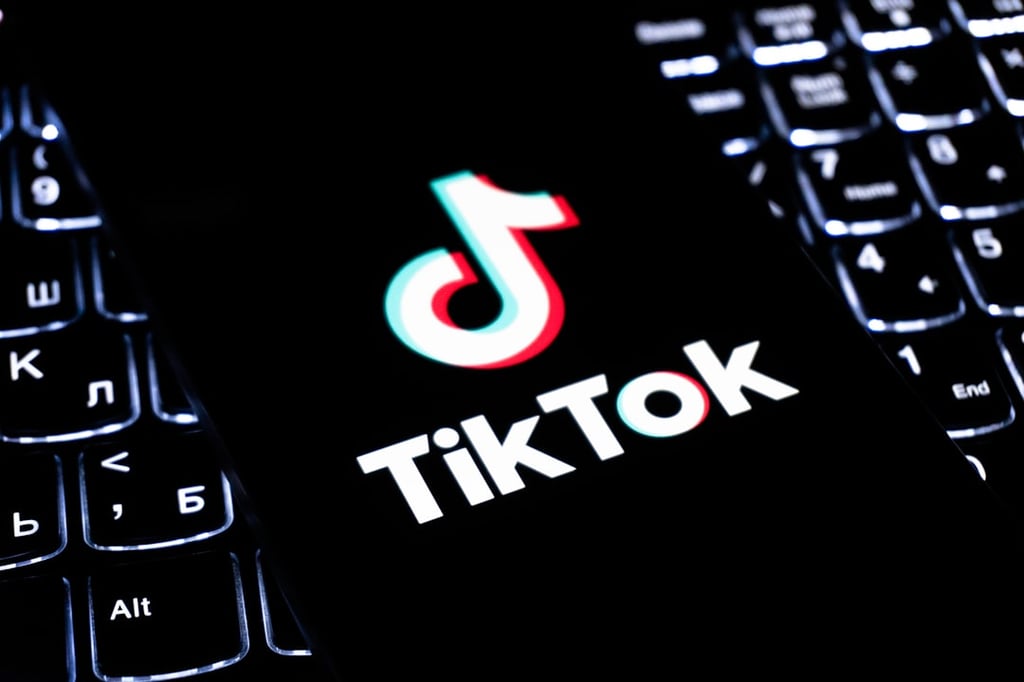In the open source mobile world, where vendors announce new phone efforts with alarming regularity, action speaks louder than words. At the Mobile World Congress in Barcelona, Spain, open source vendor Mozilla is acting on its mobile ambitions. Mozilla is announcing that at least 17 carriers spanning the globe have now committed to carrying FirefoxOS-based […]
Datamation content and product recommendations are
editorially independent. We may make money when you click on links
to our partners.
Learn More
In the open source mobile world, where vendors announce new phone efforts with alarming regularity, action speaks louder than words. At the Mobile World Congress in Barcelona, Spain, open source vendor Mozilla is acting on its mobile ambitions.
Mozilla is announcing that at least 17 carriers spanning the globe have now committed to carrying FirefoxOS-based mobile smartphones. The carriers include: América Móvil, China Unicom, Deutsche Telekom, Etisalat, Hutchison Three Group, KDDI, KT, MegaFon, Qtel, SingTel, Smart, Sprint, Telecom Italia Group, Telefónica, Telenor, TMN and VimpelCom.
The carrier expansion represents a net addition of ten new carriers since July of 2012. Mozilla rebranded its Boot2Gecko mobile phone effort as FirefoxOS at that time and laid out a strategy that included working with global carriers. Mozilla is facing an uphill battle against existing mobile vendors Apple IOS and Google Android as well as challenges from open source upstarts, including Samsung Tizen and the Canonical Ubuntu Phone.
From a hardware perspective, Mozilla announced that manufacturers Alcatel (TCL), LG, ZTE and Huawei are all building FirefoxOS phones. All of the phones are set to be powered by the Qualcomm Snapdragon mobile processors.
Brendan Eich, CTO of Mozilla, told Datamation that carriers are flocking to FirefoxOS because there is a need for an alternative. He noted that both Apple IOS and Google Android are difficult for mobile carriers to add value on top off. Additionally, both of those mobile operating systems treat the web as a second class citizen. Instead, they both favor a native app model that requires extra layers of technology. In contrast, FirefoxOS is all about HTML5 and JavaScript, the same base ingredients that power the Internet as we know it today.
“We have very fast platform because we don’t need the extra layers,” Eich said.
Eich added that in Google and Apple models, the primary relationship for the consumer is with the Apple AppStore or Google Play and not the carrier. He stressed that the carriers don’t want to be thought of as just dumb pipes.
With the FirefoxOS model, Eich noted that operators can add value, for example with the emerging WebRTC standard for real time communications. The WebRTC standard will enable video and voice conference directly through the browser, leveraging the backend carrier infrastructure.
Linux
FirefoxOS relies on Linux at its core. Eich doesn’t see the Linux piece as being a differentiator.
“We use the same Linux version that goes into Android,” Eich said. “We’re flexible and open but we’re not trying to add a lot of value at the Linux layer.”
By using the same Linux as Android, some of the same baseboard reference architectures that enable Android will also work for FirefoxOS.
Sean Michael Kerner is a senior editor at InternetNews.com, the news service of the IT Business Edge Network, the network for technology professionals Follow him on Twitter @TechJournalist.
-
Ethics and Artificial Intelligence: Driving Greater Equality
FEATURE | By James Maguire,
December 16, 2020
-
AI vs. Machine Learning vs. Deep Learning
FEATURE | By Cynthia Harvey,
December 11, 2020
-
Huawei’s AI Update: Things Are Moving Faster Than We Think
FEATURE | By Rob Enderle,
December 04, 2020
-
Keeping Machine Learning Algorithms Honest in the ‘Ethics-First’ Era
ARTIFICIAL INTELLIGENCE | By Guest Author,
November 18, 2020
-
Key Trends in Chatbots and RPA
FEATURE | By Guest Author,
November 10, 2020
-
Top 10 AIOps Companies
FEATURE | By Samuel Greengard,
November 05, 2020
-
What is Text Analysis?
ARTIFICIAL INTELLIGENCE | By Guest Author,
November 02, 2020
-
How Intel’s Work With Autonomous Cars Could Redefine General Purpose AI
ARTIFICIAL INTELLIGENCE | By Rob Enderle,
October 29, 2020
-
Dell Technologies World: Weaving Together Human And Machine Interaction For AI And Robotics
ARTIFICIAL INTELLIGENCE | By Rob Enderle,
October 23, 2020
-
The Super Moderator, or How IBM Project Debater Could Save Social Media
FEATURE | By Rob Enderle,
October 16, 2020
-
Top 10 Chatbot Platforms
FEATURE | By Cynthia Harvey,
October 07, 2020
-
Finding a Career Path in AI
ARTIFICIAL INTELLIGENCE | By Guest Author,
October 05, 2020
-
CIOs Discuss the Promise of AI and Data Science
FEATURE | By Guest Author,
September 25, 2020
-
Microsoft Is Building An AI Product That Could Predict The Future
FEATURE | By Rob Enderle,
September 25, 2020
-
Top 10 Machine Learning Companies 2021
FEATURE | By Cynthia Harvey,
September 22, 2020
-
NVIDIA and ARM: Massively Changing The AI Landscape
ARTIFICIAL INTELLIGENCE | By Rob Enderle,
September 18, 2020
-
Continuous Intelligence: Expert Discussion [Video and Podcast]
ARTIFICIAL INTELLIGENCE | By James Maguire,
September 14, 2020
-
Artificial Intelligence: Governance and Ethics [Video]
ARTIFICIAL INTELLIGENCE | By James Maguire,
September 13, 2020
-
IBM Watson At The US Open: Showcasing The Power Of A Mature Enterprise-Class AI
FEATURE | By Rob Enderle,
September 11, 2020
-
Artificial Intelligence: Perception vs. Reality
FEATURE | By James Maguire,
September 09, 2020
SEE ALL
ARTICLES







